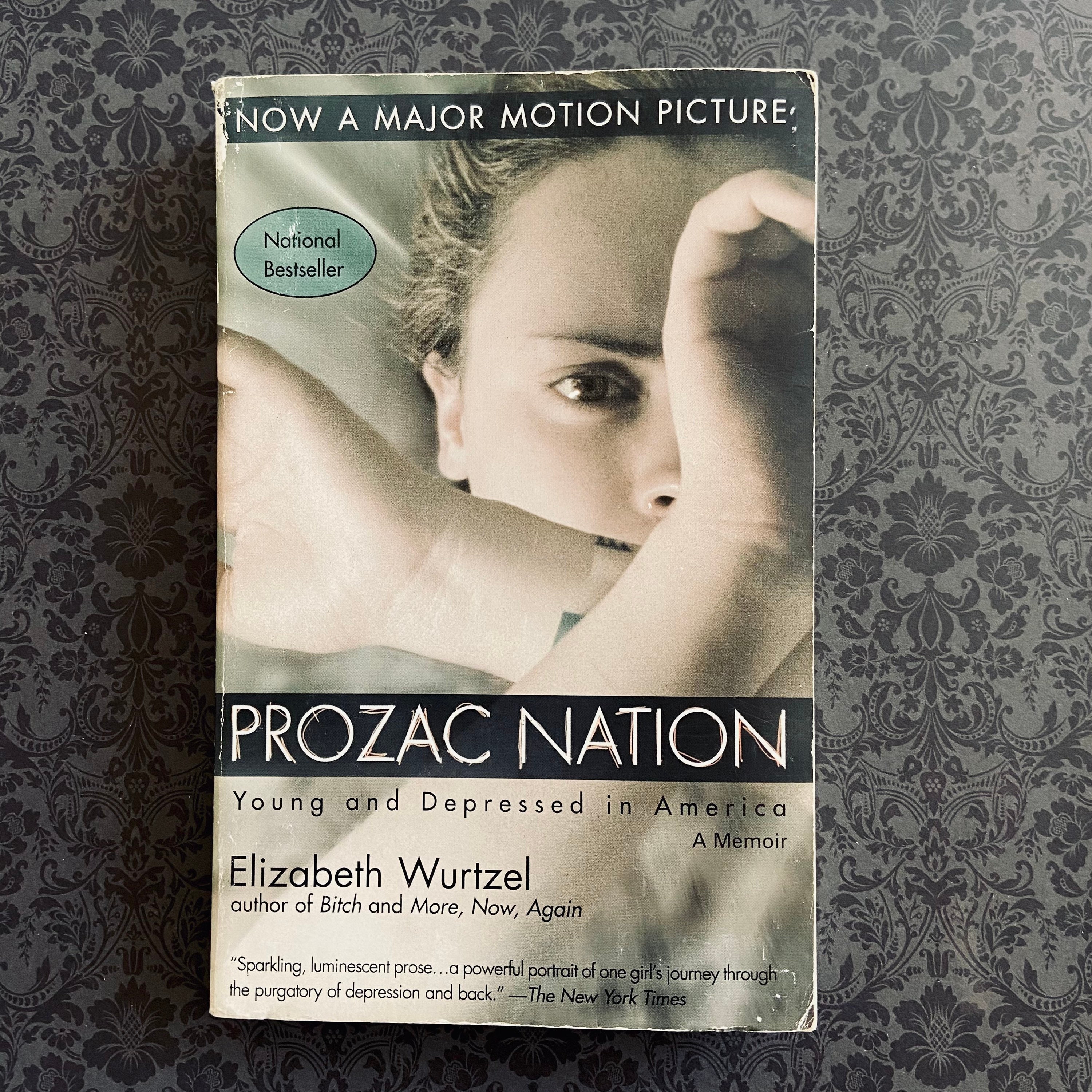


What she did need to worry about was trying to underplay her book in view of the attention it drew. The sexual revolution was a given, and Wurtzel did not need to worry about becoming dependent on a man in order to support herself. By the time Wurtzel arrived at Harvard in the 1980s, the university had gone coed. Wurtzel, who fortunately has survived her struggles with suicide, has never been in a position to receive the kind of sympathy Plath got. Who could not wonder what Plath might have achieved if she had been given even a decade more to write? Plath’s suicide in February 1963, a month after the publication of The Bell Jar, elevated her book to cult status. Published in the same year as Betty Friedan’s The Feminist Mystique, The Bell Jar came to be praised as much for its gender politics as its literary merit.


It was the right time to have such a fear. Plath’s book, first published in England in 1963 under the pseudonym, Victoria Lucas, told the story of Esther Greenwood, a woman much like Plath, who suffers from depression and worries, even after extensive electroshock therapy, that her depression could come back anytime.Įsther’s depression is inseparable from her fear of being pushed into an early marriage, as so many college women of her 1950s generation were. With its graphic account of Wurtzel’s battles with depression, Prozac Nation seemed about to become the equivalent for her generation of Sylvia Plath’s The Bell Jar. Did she deserve it? On the 20th anniversary of Prozac Nation, it is time to ask that question by putting the book in the kind of perspective it never got when it was published. Two decades ago, following the publication of her 1994 memoir, Prozac Nation, Elizabeth Wurtzel, who turns 47 at the end of this month, got the same piñata treatment. As a result of her penchant for oversharing her personal life and often that of her boyfriend, she has become the writer critics love to hate. You get criticized more than you should, and few of your writing peers want to stand up for you.Įmily Gould, the former editor of Gawker and author of the much-talked-about new novel, Friendship, has learned this lesson the hard way in recent years. It’s not easy being labeled the voice of your generation if readers don’t find you likable.


 0 kommentar(er)
0 kommentar(er)
